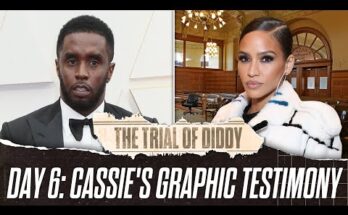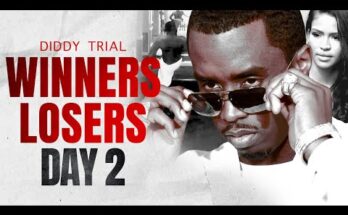Damian Lewis is the name on everyone’s lips after the Homeland star snagged best actor in a drama series at this year’s Emmys.
But just who is this red-headed Brit who beat out previous three-time winner, Breaking Bad‘s Bryan Cranston? Born in London, Lewis was well-known across the pond before hitting in big in the states. Not only did he star in the acclaimed British series The Forsyte Saga, but the actor — married to fellow British actor Helen McCrory — appeared opposite Keira Knightley in a West End production of The Misanthrope.
Then he earned Hollywood accolades — including a Golden Globe nod — for his turn as the tight-lipped World War II American hero in HBO’s Band of Brothers. Nowadays, Lewis is turning industry heads — alongside costar and fellow Emmy winner Claire Danes — in Homeland as Nicholas Brody, a recently returned POW who may have been turned into an anti-American terrorist during his eight-year captivity in Iraq.
In light of his Emmy win, Celebuzz is taking a closer look at this on-the-rise actor.
Here are five things to know about Lewis.
1. He’s taken acting seriously since his teens.
At the age of 16, Lewis formed his own theater company and was a stage actor for the Royal Shakespeare Company.
2. Spielberg discovered him on stage.
After seeing him playing Laertes in a stage production of Shakespeare’s Hamlet, Steven Spielberg cast him in the leading role of Major Richard Winters in the HBO miniseries Band of Brothers.
3. He’s adept with accents.
When filming his role of an American war hero in Homeland, the Brit sticks to his American accent both on and off set, saying he finds it less confusing to switch between the two tongues.
4. He’s returning to his Shakespeare roots.
Lewis stars as Lord Capulet in a new film adaptation of Romeo and Juliet, set for release next year.
5. He believes a good script is the secret to an actor’s success.
“All you can do is attach yourself to the good work,” he told PBS of his lack of career plans. “That’s the only way you can be stimulated, fulfilled and in the end, good — probably.”








